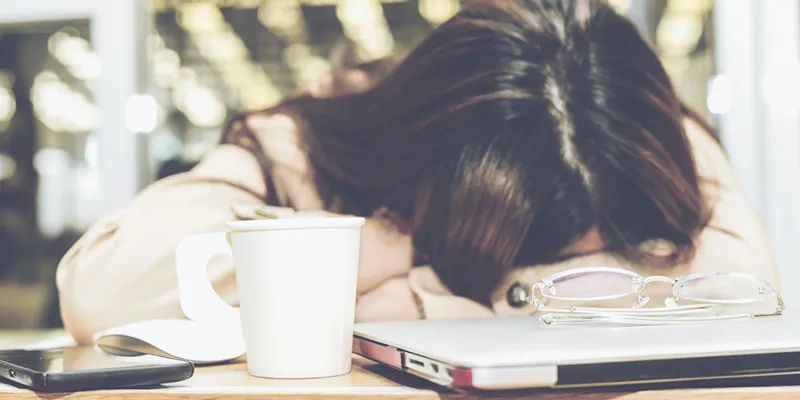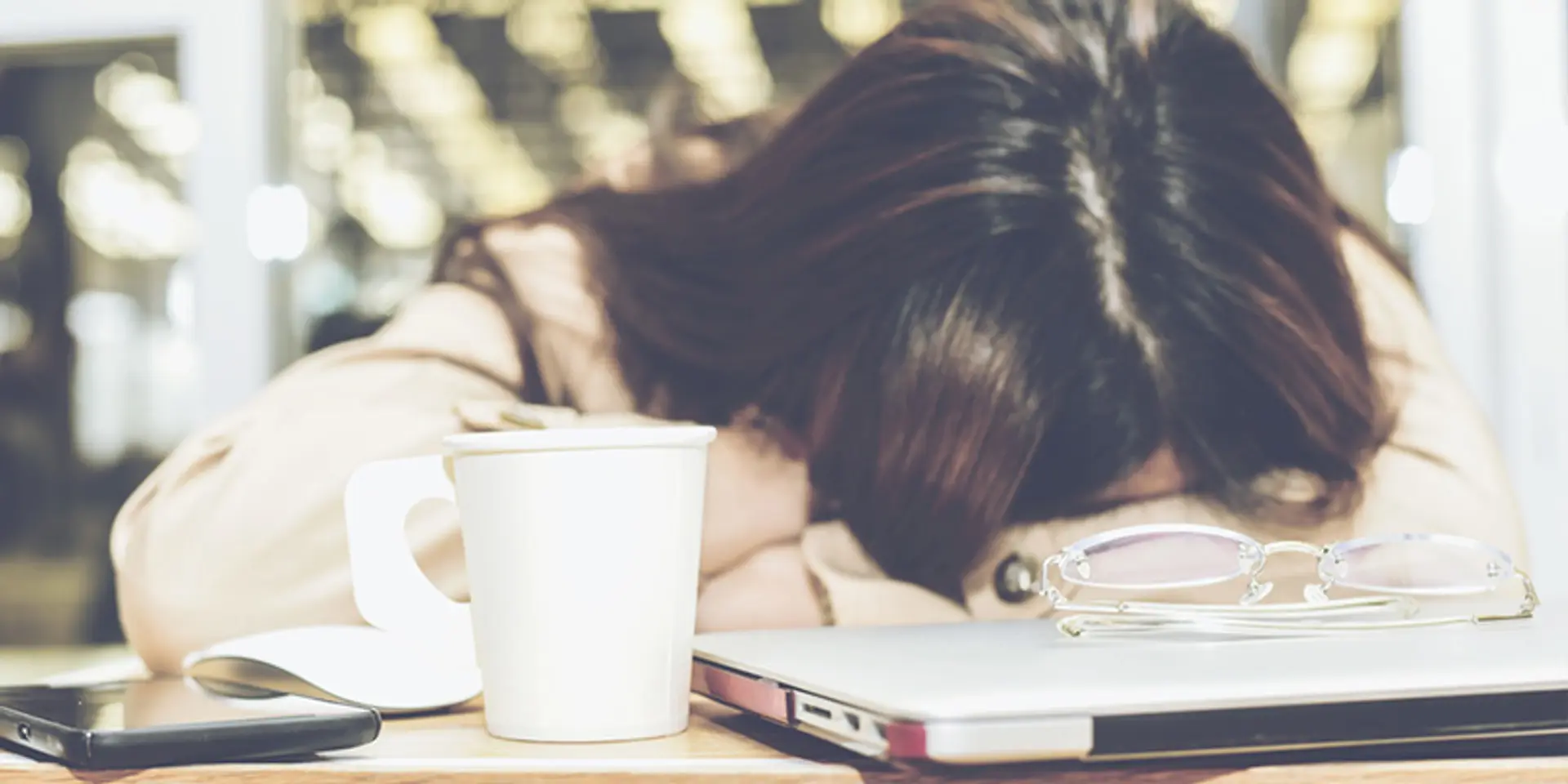Siesta time! Why companies like Facebook and Google encourage mid-shift naps
Arianna Huffington, one of the most successful businesswomen in the world, almost broke her cheekbones after her head bobbled onto her desk in the middle of a bedlam of day-time work. Since then, Huffington has been an advocate for professionals getting a standard amount of sleep before they shuffle into work. As a result, the Huffington Post headquarters in New York have two designated rooms for employees to take short naps.

Sounds incredible, doesn’t it?
Huffington Post doesn’t stand alone in this practice of supporting power naps in the workplace. Companies have started realizing that sleep-deprivation among employees not only costs them measurable levels of productivity, it also is a big cause for most of them to experience health problems and burnouts.
According to research released by the Journal of Sleep in 2011, US companies suffered from a whopping $63 million worth of lost productivity. In 2015, the Times of India released an article that stated that about 93 per cent Indians are sleep-deprived. The same article went on to state that 58 per cent believe their work suffers due to lack of adequate sleep, while 11 per cent take leave from work because of lack of sleep. Additionally, 11 per cent reported to have fallen asleep at work due to a poor night's sleep and 38 per cent have witnessed a colleague falling asleep at work.
Mary Gresham, a clinical psychologist practicing in Atlanta says: "We are recognizing the importance of sleep as a mechanism of consolidating information, dealing with the events of the day, and recharging our energy.”
To this end, companies like Uber, Google, Zappos, Capital One Labs and PwC have incorporated provisions for nap rooms and allotted nap times within some of their offices and some have even installed products and services which help professionals hit the sack at work. For instance, New York-based MetroNaps manufactures ‘EnergyPods’, which are essentially napping chairs designed specifically for office-use. According to their website, MetroNaps has sold their nap pods to big companies such as Google, Zappos, Cisco and Procter & Gamble.
But the most important question here is, why are companies allowing their employees to take naps through their working hours? What could they possibly be gaining from this?
Refreshed concentration
All of us have experienced that post-lunch afternoon drowsiness, where all we do is look beseechingly at our watches and count down the seconds till we can pack up and go home. But if we were given the opportunity to take a twenty minute nap post-lunch for instance, our energy, concentration and most importantly productivity, would be on an all-time, refreshed high. This is due to the fact that a power nap helps offset a circadian dip that we may experience in the afternoon.
Greater memory storage
Haven’t we always felt more energized and alert after waking up from a power nap? There’s a reason behind this. According to research carried out by the Harvard Medical School: even a small power nap “may boost learning, memory and creative problem solving”. This is largely due to the fact that sleep aides the ‘hippocampus’, which is the area of the brain that is responsible for putting our memories into long-term storage, so they can be retrieved at a later date.
Increased creativity and reduced burnouts
A study presented during a neuroscience event in 2012 by a group of PhD students went on to prove that napping increases right-side brain activity, which is reportedly associated with being the more creative part of the brain. Speaking about how the right-side of the brain performs the ‘housecleaning’ tasks when we take a nap, Andrei Medvedev, one of the key researchers of the study stated that most important of these is probably the consolidation of memories.
Another from the group of researchers, Jonathan Friedman said, "Emerging scientific evidence suggests that naps — even very short ones — significantly enhance cognitive function. Increasing understanding of ‘how sleep improves brain function’ may someday allow us to harness this effect, and the current study may open one of many doors in this regard."







